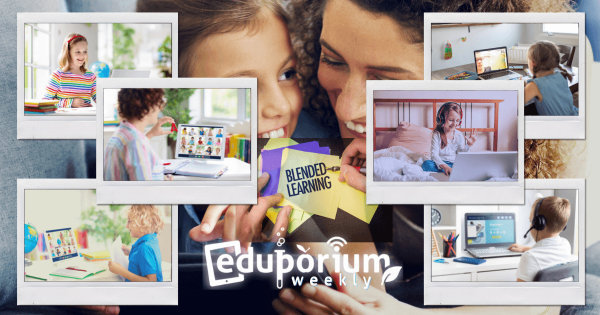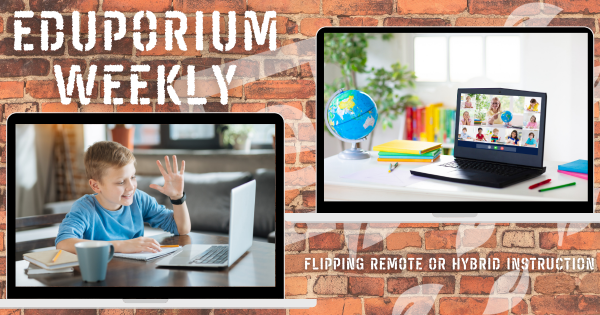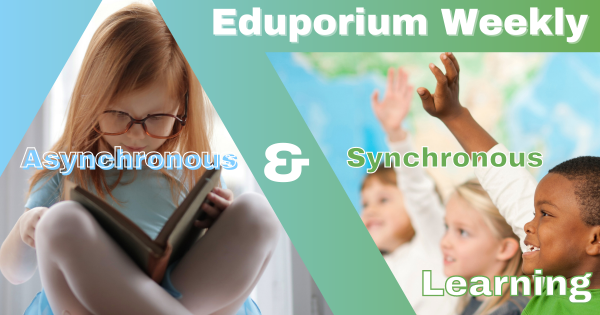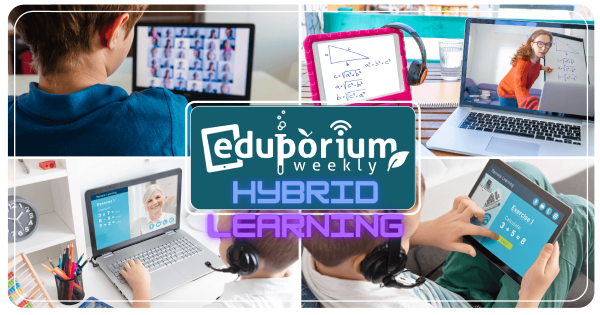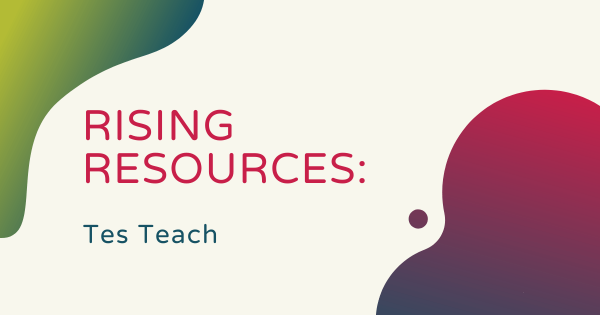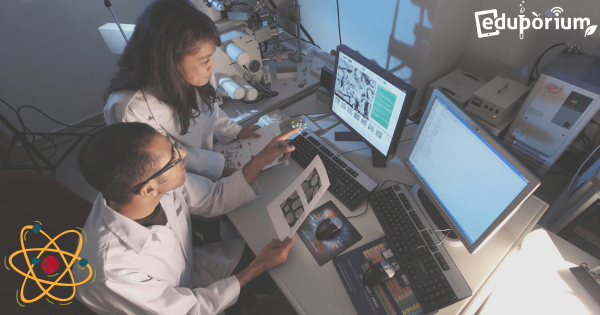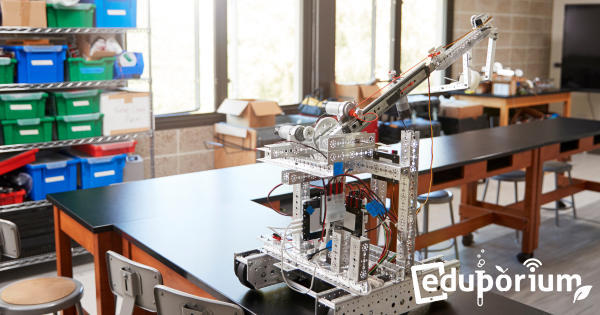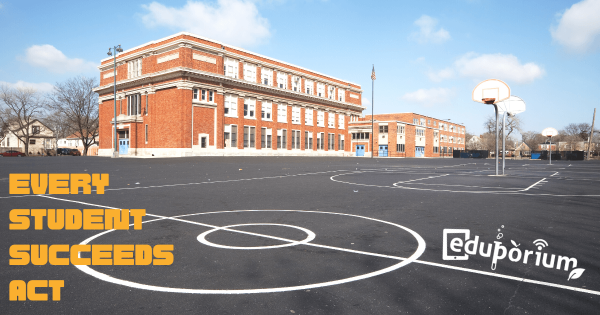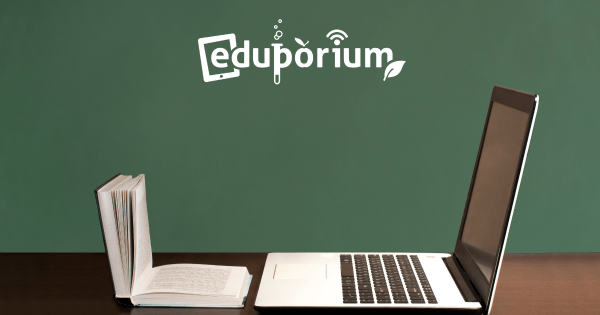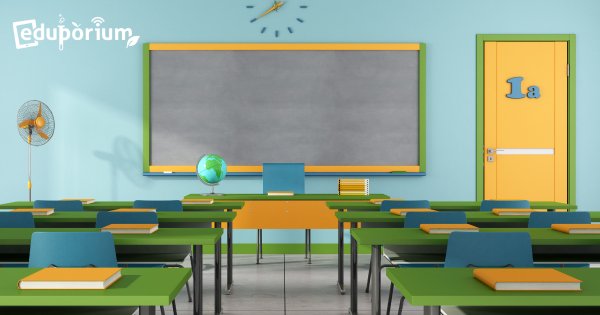Blended learning is an effective instructional strategy for teachers and students. Even more so since the onset of remote and hybrid learning, blended models have been both necessary and effective. Though it’s not as common as it used to be, it still happens in many schools and it’s highly effective for students who learn differently.
Flipped Learning
-
Flipped Learning in Remote or Hybrid Education
Flipping the classroom helps students move more at their own pace—only taking the time they need to learn something. It also helps them utilize their teachers or peers for help while they’re engaged in their work as opposed to putting it down, forgetting about it, and then asking the next day. But, how could flipped learning help in remote settings? -
Eduporium Weekly | Remote Ed: Synchronous or Asynchronous?
Synchronous and asynchronous learning have each become important topics throughout various education communities and the subtle features of each are valuable for today’s educators to know. If you’re moving back and forth about which method to use or find yourself switching regularly, read on to learn more. -
Eduporium Weekly | Breaking Down Hybrid Learning
As we continue to make guesses as to what education will look like in the fall, it’s looking more and more likely that hybrid learning will be a big part of it. Despite calls from some of our nation’s top leaders to return to schools as coronavirus cases continue to climb, it doesn’t seem like a risk that everyone is -
Rising Resources | Tes Teach with Blendspace
This week, we’re highlighting Tes Teach—formerly known as Blendspace. This online STEM resource is a great way for teachers to improve upon their in-class activities and it’s awesome for creating highly engaging learning environments. To learn more about Tes Teach and some of the best ways to use it in the classroom, click to keep reading! -
Student-led Learning Builds Real-world Readiness
Students aren’t always guaranteed success by sporting straight A’s on their report cards—they need authentic experiences with real-world projects, coding, and collaborating. They also need to take charge and lead their own learning—and that is why many school districts are ditching the old ways and focusing more on student-led learning. -
Eduporium Weekly | Top-Notch Classroom Design
Classroom design is one of those things we never really give our teachers enough credit for working on but there certainly is some strategy that goes into planning out all aspects of the school day and teachers certainly don’t overlook the value of creating these welcoming, accommodating, and even aesthetically pleasing classroom environments. -
Eduporium Weekly | The Impacts Of The ESSA
Back in December, President Obama proposed and helped pass this Every Student Succeeds Act. A more modern version of the No Child Left Behind initiative, the ESSA will aim to ensure that every K-12 student in the United States has equal access to the latest and greatest in learning opportunities and crucial STEM tools every time they step in the -
Eduporium Weekly | Something to Tech About
Technology is not something tangible you can pick up and put down as you please. It’s not a defined, solid object. And, as the world transitions into a tech-first approach to solving many of its most pressing problems, technology is no longer an option. It’s a tool that can be used to solve these daily problems and students need additional -
Eduporium Weekly | Creating Tomorrow’s Ideal Classroom
This week, we’ll take a look at teacher-student feedback in the digital age, why it’s ok to fail in a blended learning classroom and how you can create tomorrow’s classroom right now! So, now what do you do? As long as you’ve covered all your bases—from researching your tech to building relationships with your students—you’ll be in pretty good shape.




